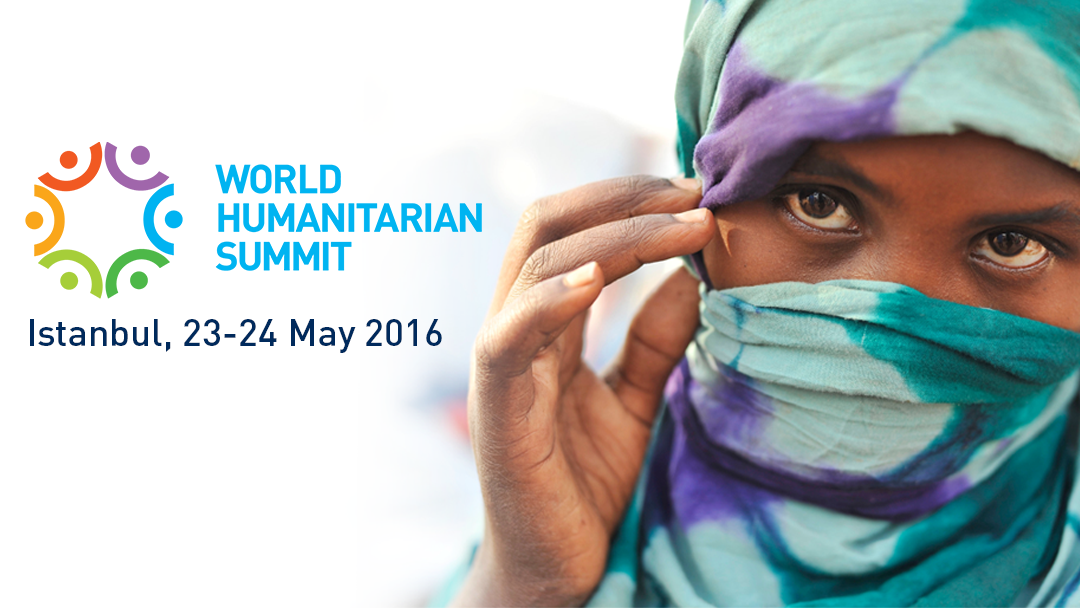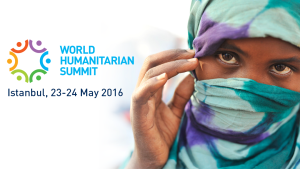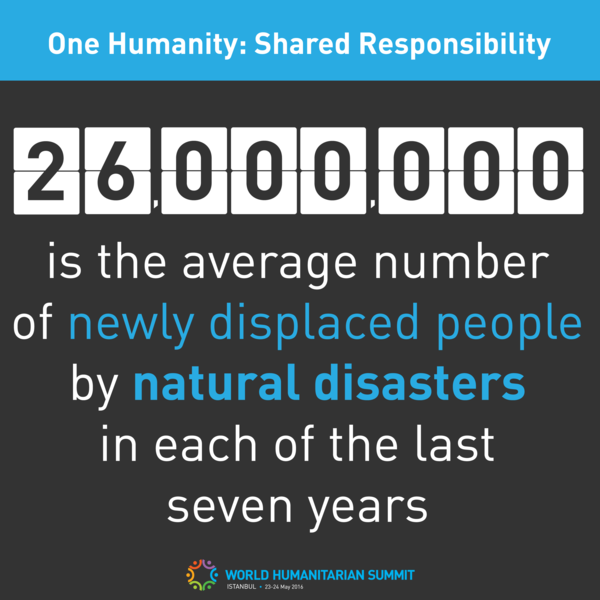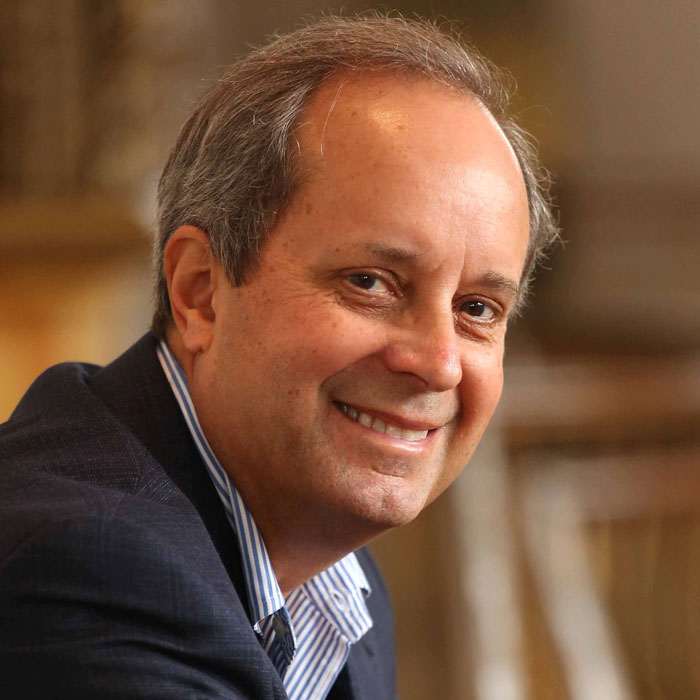Can disaster philanthropy close the humanitarian gap?
Insights from Bob Ottenhoff on the World Humanitarian Summit 2016 This week I am providing reports from the first-ever World Humanitarian Summit in Instanbul, Turkey. Like many American philanthropists and nonprofit leaders, I am there to understand how philanthropy can reduce suffering and, ultimately, close the humanitarian gap in times of crisis. On Monday, I’m […]

Insights from Bob Ottenhoff on the World Humanitarian Summit 2016
 This week I am providing reports from the first-ever World Humanitarian Summit in Instanbul, Turkey. Like many American philanthropists and nonprofit leaders, I am there to understand how philanthropy can reduce suffering and, ultimately, close the humanitarian gap in times of crisis.
This week I am providing reports from the first-ever World Humanitarian Summit in Instanbul, Turkey. Like many American philanthropists and nonprofit leaders, I am there to understand how philanthropy can reduce suffering and, ultimately, close the humanitarian gap in times of crisis.
On Monday, I’m participating in a Summit side event “The Future of Philanthropy in Humanitarian Action,” hosted by Sustainable Development Goals Philanthropy Platform, the Humanitarian Forum, the World Congress of Muslim Philanthropists, and the Government of Romania. I am presenting a paper that our Vice President Regine Webster co-authored with Dr. William Paton. It highlights some of the important opportunities and actions we can take to improve the global philanthropic response to disasters. See the full paper, “A Pivot Point in Philanthropy’s Contribution to Addressing Humanitarian Crises.”
With 5,000 attendees representing global leaders from government, business, aid organizations, civil society, affected communities and youth, the Summit provides me the chance to share ideas on a more holistic, proactive approach to disaster-related giving. It’s a strategy that connects disaster philanthropy to humanitarian assistance more broadly and the Sustainable Development Goals in particular.
This approach is founded on a growing body of research that suggests the best way for foundations to be more strategic is to focus on reducing the risk of disasters or other emergencies from happening in the first place. I hope to discuss ways to help funders give with confidence to planning, preparation, and long-term recovery efforts.
There are a million reasons to improve our response to humanitarian crises and I’m glad that world humanitarian leaders are coming together to discuss how to make it better. The Summit could be the beginning of a movement that truly transforms disaster philanthropy. I encourage you to follow the Summit through live and on-demand webcast coverage of meetings held simultaneously in a number of Conference Rooms will be provided. The webcast can be found at: http://webtv.un.org.
And please let me know if you have questions about the Summit you’d like me to address. I look forward to providing further insights from Instanbul.
More like this

The World Humanitarian Summit’s Potential for Good

